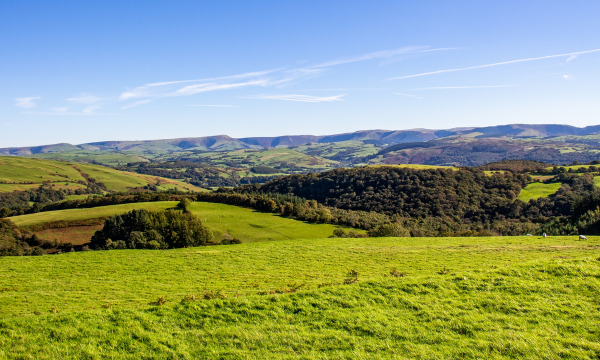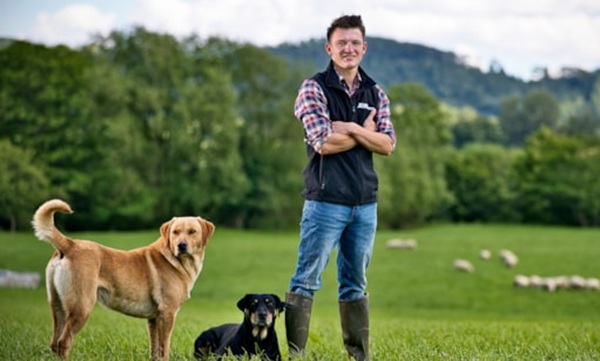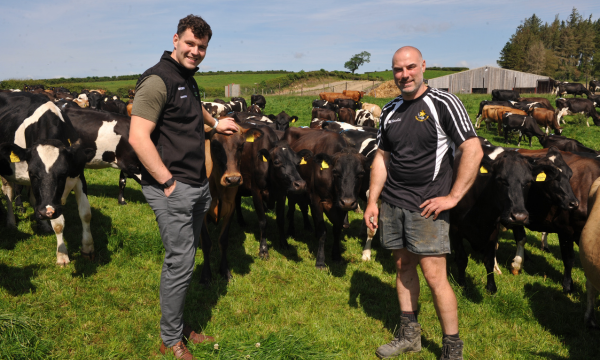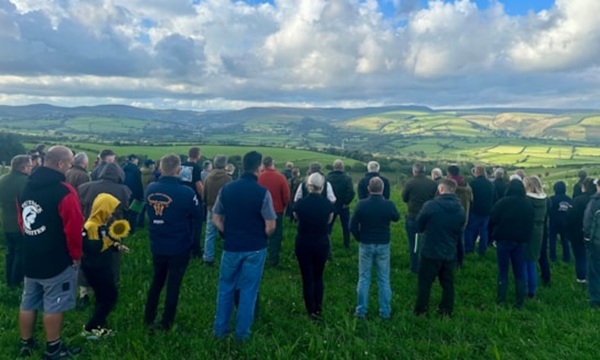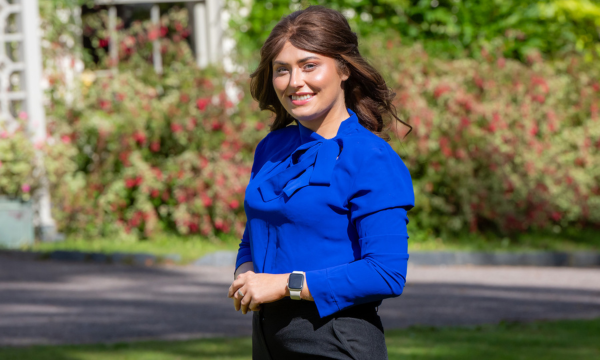Businesses across Wales are adopting different forms of innovation to strengthen their resilience and respond to the changing economic, environmental and technological landscape.
From carbon removal technology and localised supply chains to experimentation with ingredients and new production methods, companies are applying creative thinking in varied and often practical ways to meet evolving market conditions.
At Nellie Technologies, founder and CEO Stephen Milburn is developing a carbon dioxide removal system designed to meet a new set of regulatory requirements. The business operates in a sector shaped by policy, with growing demand from financial institutions seeking verified carbon removal as part of their ESG strategies.
Speaking on the Mentera podcast series Grassroots to Global, Stephen said:
“Innovation was essential because there was no established way to remove CO₂ from the atmosphere prior to the legislation that led to the market.”
He explained that the company had to develop both its technology and its commercial approach from first principles, with verification processes built in from the outset.
“We could go off on a tangent with crazy ideas in our lab, but the end result had to be an efficient technological system that removes CO₂, verified by our certification partners and able to sell to the market as defined by legislation,” he said.
Nellie’s technology also produces a physical by-product, biochar, used as a soil additive. Both outputs are tightly regulated, with innovation focused on improving system efficiency ahead of the shift to compliance markets.
In Pembrokeshire, drinks producer Still Wild is applying innovation in product development through the use of native Welsh botanicals.
Founder James Harrison-Allen told podcast host Llŷr Roberts, CEO of Mentera, how the business came to vermouth-making through an interest in local ingredients rather than a fixed product idea.
“We didn’t really know we’d been using innovation – we didn’t mean to do these things on purpose,” said James.
“We were trying to make the best possible thing we could and we ended up using some pretty strange techniques and some pretty strange kind of equipment.
“It just became a natural journey…quite creative. That kind of approach frees you up to be innovative by accident.”
The business uses cold distillation to capture delicate flavour profiles and has developed its own methods to bring less familiar plants, such as meadowsweet and sea wormwood, into commercial production. As the company has scaled, it has adjusted its approach to foraging and now grows many of its botanicals in collaboration with others.
James said small businesses have the flexibility to test ideas quickly, which can support innovation in early-stage development.
He said:
“You can do something a bit weird and something a little bit different because you haven’t got people in positions of authority saying, ‘hang on, there’s probably a reason why this hasn’t been done before’.”
Carmarthenshire-based Tetrim Teas has taken a different route, developing a not-for-profit business model with a focus on community involvement and ethical sourcing.
Founder Mari Arthur worked with universities and innovation partners to adapt traditional health tea recipes using local plants and food by-products.
She said:
“We want to be innovative in a less technical way.”
The business pays the real living wage and avoids buying through large-scale platforms, choosing instead to work directly with growers and suppliers in Wales.
Tetrim’s development process has included clinical trials and product testing with local residents.
Mari said this structure had helped build community buy-in and supported the business through more difficult stages.
Listen to the full episode, Beyond Business as Usual: Fuelling Growth with Innovation, here.







